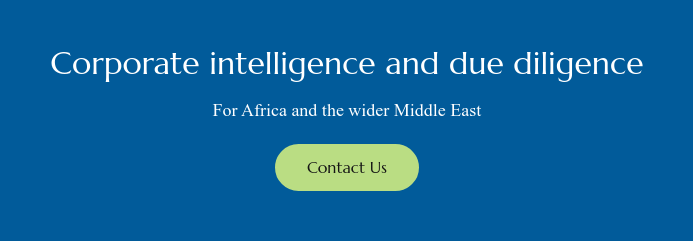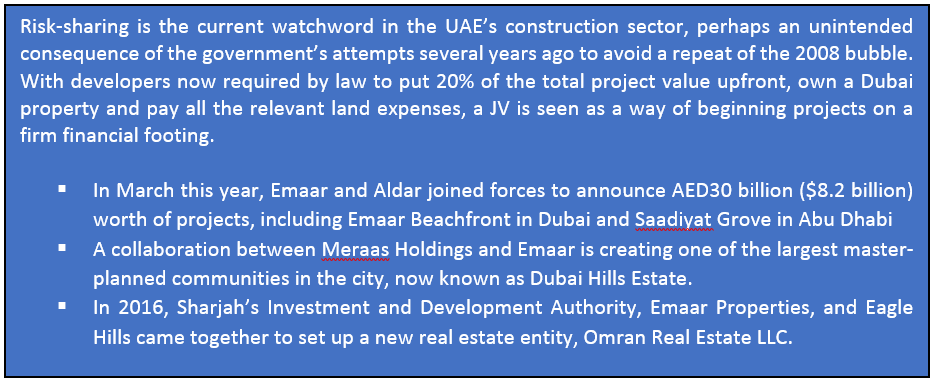Scale. Efficiencies. Strategic fit…some of the reasons often given for a merger, JV or other form of strategic partnership between companies. The spate of high-profile mergers in the UAE in recent months, particularly amongst government and partially government-owned businesses, suggests that there is another factor in play.
Mergers and JVs are of course not new to the UAE’s business environment; Emirates NBD was created back in 2007 from the merger of Emirates International Bank and National Bank of Dubai. The deal was dwarfed last year when it was announced that the conservative and rather staid National Bank of Abu Dhabi (NBAD) would merge with the more dynamic First Gulf Bank to form First Abu Dhabi Bank. And in 2013, Emal and Dubal were merged to form Emirates Global Aluminium, following years of negotiations between the two emirates of Abu Dhabi and Dubai, in an effort to create a Gulf champion producer that could compete on the world stage.
In fact, these three examples offer a clue to how high-profile mergers in the UAE can be viewed, particularly when you consider that each partner was seen as a flagship for each of the emirates involved. Firstly, that negotiations can be protracted – illustrating the relationship between emirates as falling somewhere between coordination and competition. Secondly, that there is a recognition of difference (or ‘strategic fit’) that is deemed to make the marriage work – the difference in cultures between the two banks, for example, and the respective capabilities that each aluminium partner brought to the table (financial backing and energy from Abu Dhabi and the smelting expertise in Dubai). Thirdly, a more obvious fact that scale and risk-sharing can cushion national players from economic circumstances such as the recent low oil price environment and volatile markets. This was clearly the thinking behind the suddenly announced takeover of Abu Dhabi National Investment Council (ADIC) by Mubadala Investment Company, itself the result of a merger between Mubadala Development Company and International Petroleum Investment Company.
All of which suggests that economic and commercial realities are gradually breaking down the political and tribal barriers that a few years ago might have kept these ‘emirate champions’ separate. So, we should add this to the list of reasons for mergers in the region: a healthy dose of pragmatism.

